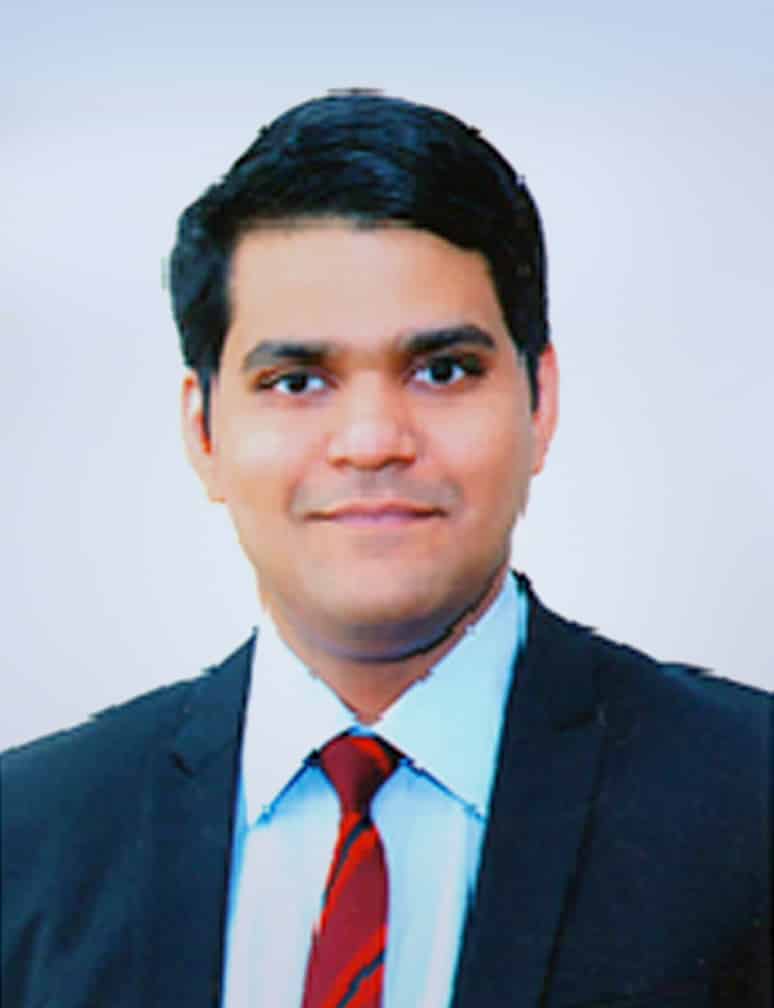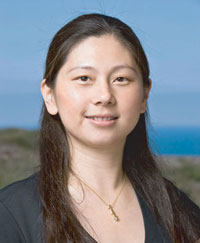
Springer Nature has removed two studies that were published in its journal Cluster Computing and included a co-author who didn’t know that the papers existed until December 2020, years after they were published.
The move follows reporting by Retraction Watch last week about the papers, which listed David Cox, the IBM Director of the MIT-IBM Watson AI Lab, as a co-author.
The studies–“A FCM cluster: cloud networking model for intelligent transportation in the city of Macau,” and “Mobile network intrusion detection for IoT system based on transfer learning algorithm,” disappeared from the publisher’s website on January 29th, without any retraction notices.
A spokesperson for Springer Nature told Retraction Watch:
Continue reading Journal pulls two studies that listed an author without his permission






